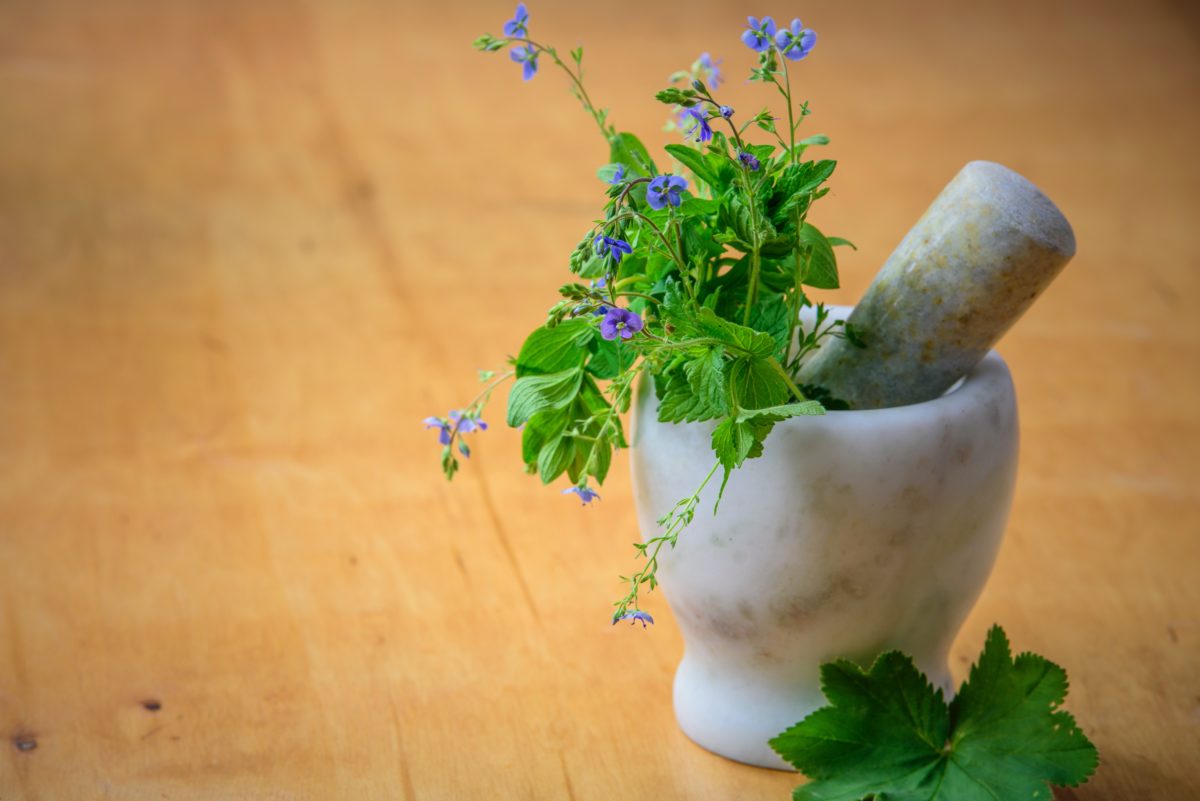Mexico is a country where it is culturally very common to use various plants to alleviate symptoms, or for the treatment of some diseases. These products are made out from plants or derivatives, and it is important to identify the two different types of these products and to understand how they are regulated.
Mexico includes in their regulation: herbal medicines and herbal remedies. It should be noted that these products are different even though both are made from vegetable materials or derivatives. Both kinds of products are subject to evaluation and marketing authorization prior to their commercialization by our Ministry of Health that is Cofepris.
Herbal medicines:
The General Health Law establishes in article 224 B section III that herbal medicines are: products made of plant material or some derivatives, which main ingredient is the aerial or underground part of a plant or extracts and tinctures, as well as juices, resins, fatty and essential oils, presented in pharmaceutical dosage form, which therapeutic efficacy and safety have been scientifically confirmed in the national or international literature.
Herbal medicines should not be combined with isolated and chemically defined active principles, nor should be injectable products.
The formulation of an herbal medicine cannot include narcotic or psychotropic substances of synthetic origin, nor mixtures with the allopathic medicines: procaine, ephedrine, yohimbine, chaparral, germanium, animal or human hormones or other substances that contain hormonal or anti hormonal activity.
Just manufacturing companies within or outside Mexican Territory with a manufacturing GMP certificate issued by a Health Authority can be the holders of the registration (marketing authorization) in Mexico. If the manufacturing company is abroad, they would need a Mexican counterpart company that acts as a Legal Representative and is in charge of the application to the registration and has the infrastructure required to hold the regulatory responsibility of the products and will be the only one authorized for importing the products to Mexico.
Herbal medicines are subject to marketing authorization prior to their launching, which once granted will be valid for 5 years and can be renewed.
Herbal medicines are considered as OTC (over the counter), so a medical prescription is not required for their sale in pharmacies. The labeling of these products must comply with the Mexican norm NOM-072-SSA1-2012: Labeling for pharmaceuticals, herbal medicines, and remedies.
Herbal remedies
Article 88 of the Regulation for Health Supplies (RIS), establishes that a Herbal Remedy is considered to be the preparation of medicinal plants, or their parts, individual or combined, and their derivatives, presented in pharmaceutical dosage form, which therapeutic activity for the relief for some or isolated symptoms of a are known and referenced by popular or traditional knowledge.
Herbal Remedies, as well as Herbal Medicines, must not contain in their formulation narcotic or psychotropic substances or any other type of allopathic drug or other substances that generate hormonal or anti hormonal activity.
Herbal remedies are subject to authorization from Cofepris for their commercialization, through the issuance of a Permit for herbal remedies, which contains an alphanumeric code assigned to each product. It should be noted that this Permit is not the same as a Registration Letter. However, both are considered marketing authorizations.
The permit has not an expiry date and cannot be modified, if any change is required a new application must be considered.
The Mexican manufacture of herbal remedies must follow NOM-248-SSA1-2011 Good Manufacturing Practices for establishments dedicated to the manufacture of herbal remedies. Foreign manufacturers are requesting Pharmaceutical GMPs for manufacturing.
As the Marketing authorization is not a registration, herbal remedies do not follow the rules for holding pharmaceutical products, and the importer, as long as they have a notification in Cofepris and a warehouse, can be the permit holder and the distributor.
Herbal Remedies are also considered OTC products, and their sale does not require a prescription.
In both cases, for application of the marketing authorization, a dossier must be fulfilled and submitted, including legal documents: GMP Certificate, Free sale certificate, representation letter or power of attorney and technical information that support the quality, safety, and efficacy of the products plus a taxonomic identification certificate for each of the plants used.
As mentioned, the main difference between both kinds of products is in the information to be used to provide the efficacy evidence. For herbal medicines: reports and papers of clinical studies and clinical evidence. And for herbal remedies: literature information or monographs, testimonies, etc. confirming the traditional use of a plant for the relief of the symptoms that are claimed.
Therefore, the difference between a herbal remedy and an herbal medicine is that the first one is only intended for symptom relief not necessarily related to a disease, and not as part of the therapeutic scheme or treatment. And for an herbal medicine, it has an identified therapeutic effect and efficacy for the symptoms associated with a given disease and can be part of the therapeutic scheme, and it is regulated by the pharmaceutical’s regulation.
Based on the aforementioned information, regarding the advertising, Herbal Remedies should only be claimed for the symptomatic effect and not as therapeutic and Herbal medicines can include the therapeutic indication that is authorized in the MA. Both classes of products require advertising permissions prior to the diffusion of the advertising campaign.
In Raf Consulting we have an expertise in obtaining MA for Herbal medicines and remedies, and would be glad to help you to meet your marketing goals in Mexico.


